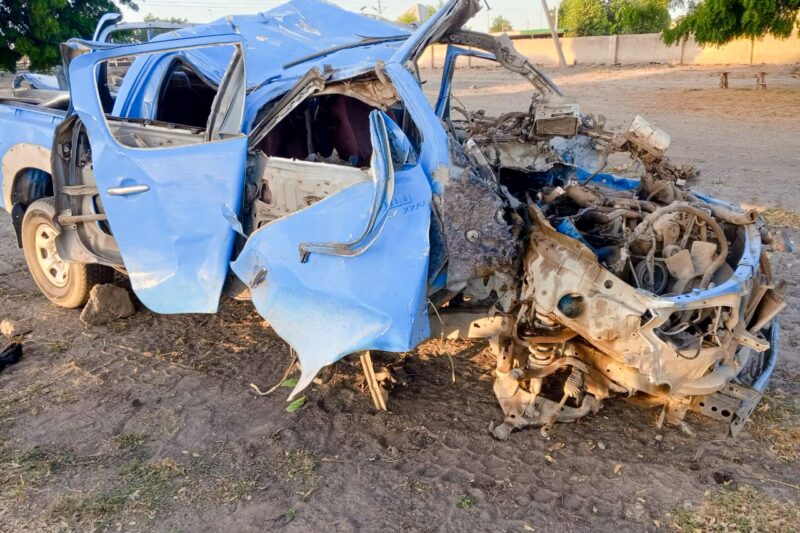The cholera outbreak has been controlled in most local government areas in Borno State but a few are still battling the highly infectious disease.
Dr Lawi Mshelia, director in the state’s health ministry, made the announcement on Tuesday, September 21.
He said Babagana Umara Zulum, Borno State governor, had directed the ministry to establish a high-powered committee, which would to respond to the cholera outbreak, stop it from spreading and ensure proper medication is provided to those infected.
He said cholera outbreaks usually occurred in the rainy season, which was not yet over.
He advised people to keep strict hygiene standards.
Mshelia said that once an outbreak was declared the state did not need to test suspected cases. Identified or reported cases would be counted and recorded.
Southern Borno was the most affected part in the state with more than 90 cases, he said.
Disinfection materials had been bought and distributed to all local government areas across the state.
He said all communities in the state had volunteers who were supported by various developmental and humanitarian aid partners.
They had helped the health ministry to create more awareness on preventive measures against cholera. The volunteers were conducting house-to-to house checks to find out if anyone had cholera or was suspected of having it. Identified or suspected cases were quickly referred to the nearest health facility where they received professional treatment.
Commenting on unreported and unidentified cases, Mshelia said it was impossible for volunteers to go to every house in the state but they were doing their best to control the spread of the bacterial disease to ensure the safety of everyone.
“Yes, there might be some unreported, unidentified and unrecorded cholera cases in the state but the numbers are negligible,” he said.
He said the state had a total number of 1,407 cases.
No cases of cholera had been found in internally displaced persons’ camps, Mshelia said.
Insecurity – from attacks by the Jamā’at Ahl as-Sunnah lid-Da’way Wa’l-Jihād (JAS), more commonly referred to as Boko Haram, and the Islamic State West Africa Province (ISWAP) – in the state had been an impediment to the government in their effort to contain the spread of the infection.
ReliefWeb, the humanitarian information service provided by the United Nations Office for the Coordination of Humanitarian Affairs (OCHA), said its weekly report published on Tuesday, September 21, there there had been 238 suspected cases and 19 deaths within the week.
The total number of suspected cholera cases reported as on September 19 stood at 1,407 with 90 associated deaths. There were 919 cases in Gwoza, 95 in Damboa, 210 in Hawul, seven in Magumeri, 44 in Kaga, 12 in Maiduguri Metropolitan City (MMC), 48 in Jere and 11 in Askira-Uba.
- Cholera is easily spread when sewerage systems were broken or blocked, leading to improper disposal of untreated human waste into the environment. It can also be spread by open defecation.
Cholera is an acute diarrheal illness caused by infection of the intestine with Vibrio cholerae bacteria. People can get sick when they swallow food or water contaminated with cholera bacteria. The infection is often mild or without symptoms, but can sometimes be severe and life-threatening.
To prevent getting infected: drink and use safe water to brush your teeth, wash and prepare food, and to make ice; wash your hands often with soap and safe water; use latrines or bury your faecal matter, stop open defecation; cook food well, keep it covered and eat it hot; peel fruits and vegetables and clean up safely in the kitchen and in places where the family baths and washes clothes.








